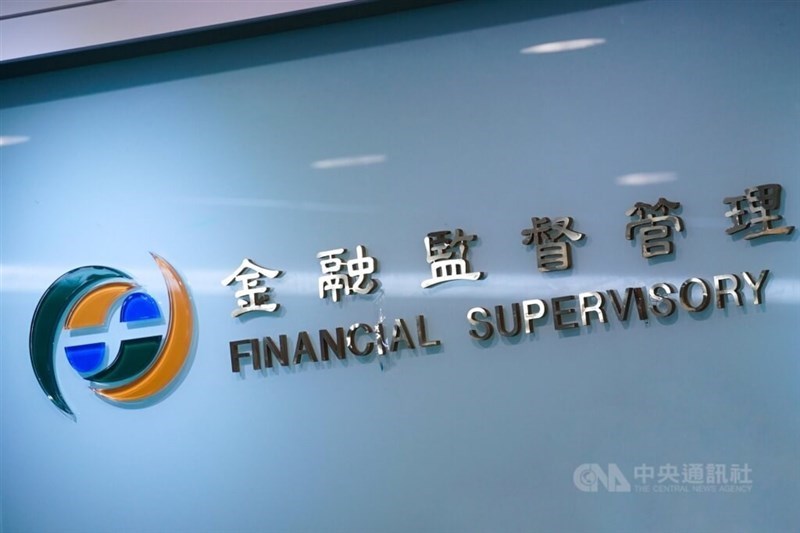
Taipei, May 24 (CNA) The Financial Supervisory Commission (FSC) has removed measures to limit short selling on the stock market, saying market conditions have stabilized after the impact resulting from uncertainties created by the Trump administration's tariff policies.
In a statement, the FSC, the top financial regulators in Taiwan, said on Friday that it has decided to remove measures to curb short selling, effective Monday, ending more than one month of restrictions.
After U.S. President Donald Trump announced sweeping "reciprocal" tariffs on April 2 against countries that enjoy a trade surplus with the United States, the FSC imposed the measures on April 7 to counter volatility on the equity market.
Among the measures implemented, the FSC cut the limit of intraday sell orders for borrowed securities from 30 percent of the average trading volume of the stock over the previous 30 trading sessions to only 3 percent.
Now, the ratio of average trading will return to 30 percent from Monday, the FSC said.
Also effective from April 7, the minimum margin ratio for short selling on the Taiwan Stock Exchange (TWSE), which runs the main market, and the Taipei Exchange, which operates the OTC market, was raised from 90 percent to 130 percent, according to the FSC.
The minimum margin ratio will return to 90 percent from Monday.
According to the FSC, as the measures to curb short selling on the stock market have reduced market speculation and helped the equity market turn stable, these measures should be removed to allow the market mechanism to dictate share prices.
The FSC also eased limits on the types of collateral that can be used to cover a margin deficit on April 7 to reduce the financial burden shouldered by investors amid market volatility, and those particular measures will stay in place despite the current stable market conditions.
The FSC said it will study the possibility of allowing eased limits on types of collateral that can be used to cover a margin deficit to become regular, while the commission will also study other complementary measures.
After the U.S. "reciprocal" tariffs were announced, with Taiwan facing a 32 percent levy, local investors returned to the trading floor on April 7 after the long Tomb Sweeping Festival holiday, and the local main board tumbled 2,065.87 points or 9.7 percent to close at 19,232.35 in one session.
The sell-off continued to push down the Taiex, the weighted index on the main board, to its recent low of 17,391.76 points on April 9.
On April 9, Trump announced a 90-day pause on the "reciprocal" tariffs, so global markets including Taiwan started to regain their footing.
On Friday, the Taiex edged down 0.09 percent to close at 21,652.24, indicating the main board has returned to the level before the tariff shock.
The FSC said it will continue to watch how U.S. tariff policies and geopolitical unease develop, and if necessary, come up with measures to stabilize equity prices.
However, the National Financial Stabilization Fund, which since April 8 has announced interventions in the stock market to smooth volatility amid tariff concerns, will remain active in the market.
The NT$500 billion (US$16.67 billion) stabilization fund was set up in 2000 by the government to serve as a buffer against unexpected external factors that could disrupt the local bourse.
- Business
Shin Kong Life breaks ground amid impasse over Nvidia HQ land rights
10/16/2025 10:13 PM - Society
Firms must fund pensions for long-term migrant workers from April: MOL
10/16/2025 09:07 PM - Society
Taiwan to launch marine navigation app Nov. 1
10/16/2025 09:00 PM - Society
Taiwan launches probe into Taiwanese linked to criminal group in Cambodia
10/16/2025 08:48 PM - Business
Emotion, not logic, key to tariff talks with Trump: Economist
10/16/2025 08:22 PM